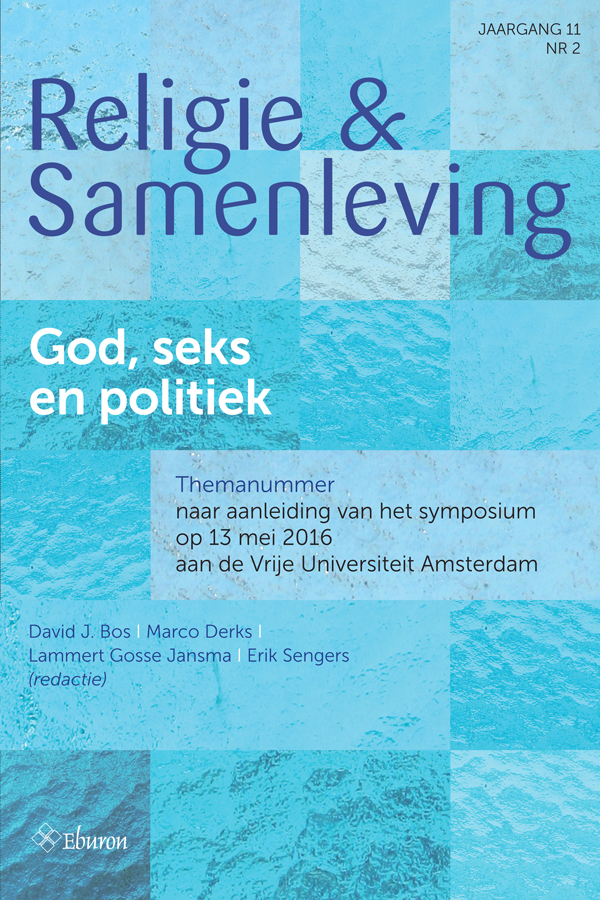Bezield door gedeelde afkeer
De rol van het wetenschappelijke vraagstuk van de homoseksualiteit in het politieke debat 1901-1911
DOI:
https://doi.org/10.54195/RS.12208Samenvatting
On an international conference in Amsterdam in 1901, criminologist Arnold Aletrino explained the newest theory on homosexuality, which stated that it was not a disease or perversion, but an innate, ‘natural’ phenomenon. This theory shocked important politicians among whom Dutch prime minister Abraham Kuyper, who therefore started a political debate on legislation on homosexuality. Ultimately this debate led to art. 248 bis of the Dutch Penal Code in 1911 that prohibited – under certain circumstances – ‘indecency’ between people of the same sex. In this article I discuss how between 1901 and 1911 the aversion to homosexuality was so obvious in the Netherlands for almost everyone, that right-wing politicians could deploy the existence of the new theory on homosexuality as a stick to beat the left-wing dog. Confessional politicians used it as a means to prove that the Christian ‘Free University’ should be entitled to award academic degrees and to illustrate the dangers of public libraries and of the plans for change in the judicial system. Socialists and Liberals had no defence against this weapon, because they shared the moral judgment on homosexuality with the right-winged politicians. Therefore, in the political debate on the ‘anti-gay-article’, the dispute was not about what Troelstra called “the abhorrence of homosexuality that we all share”, but whether legislation on homosexuality was appropriate.




